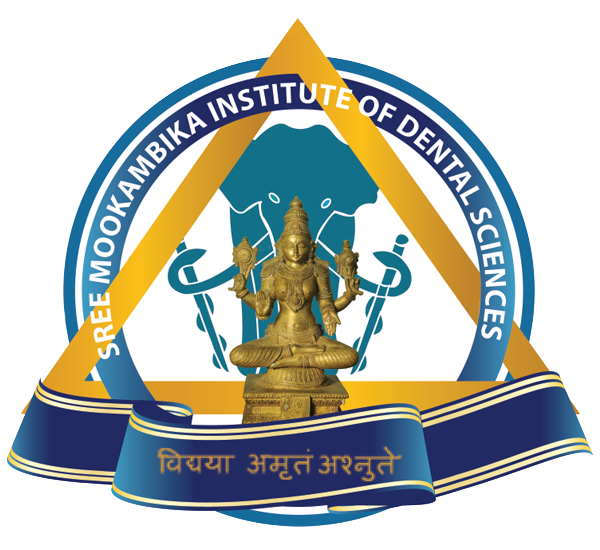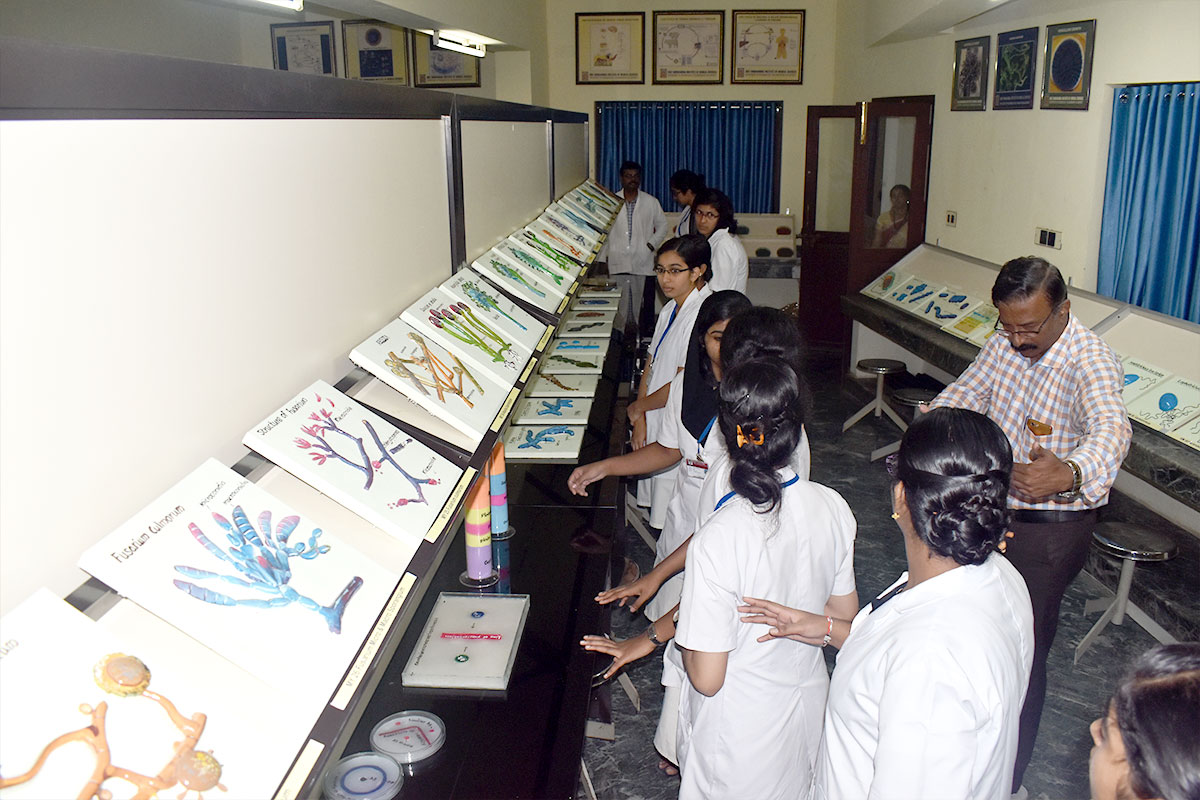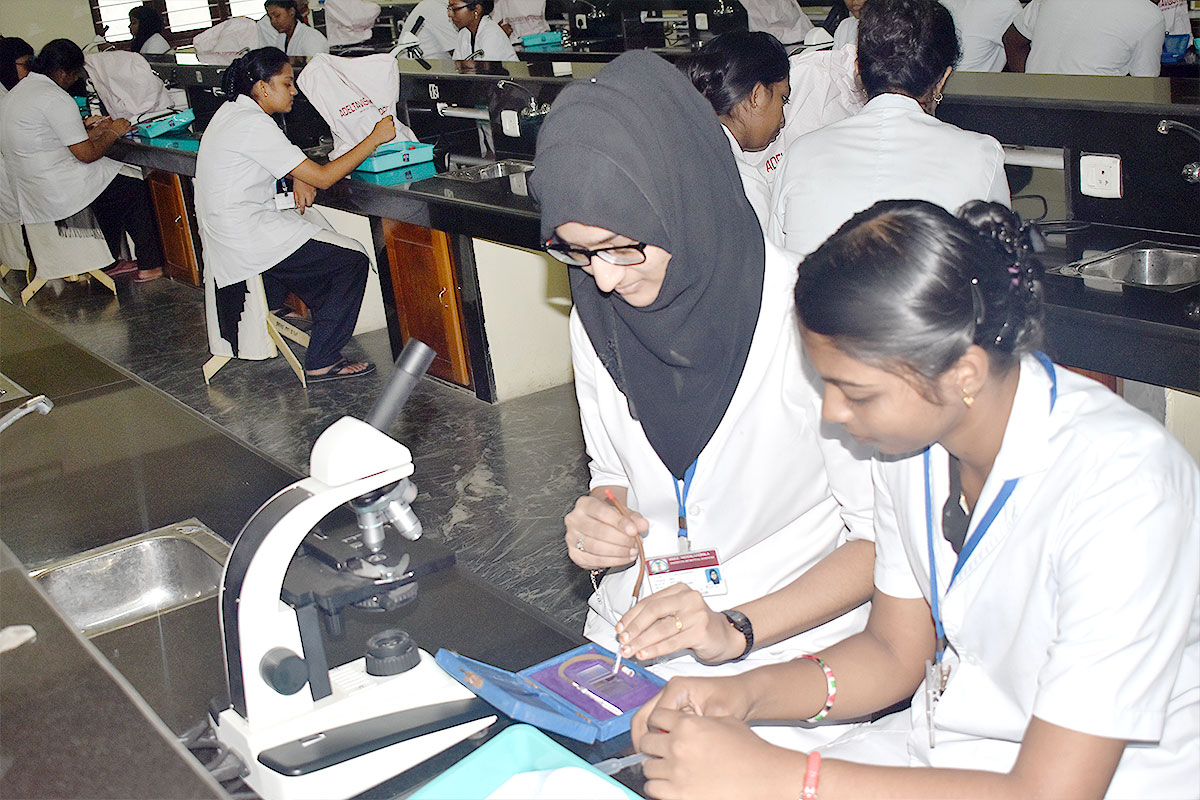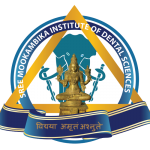Introduction
The Department of Microbiology is well equipped to diagnose most of the infectious diseases prevalent in society. It offers diagnostic services to the hospital and also carries out bacteriological analysis of water, operation theatre sterility checks, in house disinfectant testing and hospital environmental surveillance. The diagnostic laboratory is well equipped with automated Bact-Alert system for blood culture, turbidometry, walk-in cooler and biosafety cabinets.
The department was upgraded as a postgraduate training centre in 2010 to offer MD in Microbiology.
The department also participates in the Revised National Tuberculosis Control Programme (RNTCP), and plays a major role in Hospital Infection control, Antibiotic policy making and Biomedical waste Management of our hospital.
Head of Department
Dr. Nepoleon, MBBS, MD
Facilities
- Lecture hall and a demonstration hall for students with audio visual facilities
- Practical hall with light microscopes and a trinocular microscope with CCTV
- Museum is well equipped with binocular and dissecting microscopes, a number of models and charts for all subdivisions of Microbiology.
- PG Section: There is a library, seminar hall and PG laboratory with laminar flow, fluorescent microscope, dark ground microscope, anaerobic jar, P.C.R. etc.
- Central research laboratory shared by Microbiology, Skin and Venereology department.
Academics
Undergraduates
Microbiology department is involved in teaching BDS students during their second year that includes vertical and horizontal integrated teaching and practical sessions.
Working Hours: Lecture hours – 65, Practical hours – 50, Total – 115
Evaluation
|
Theory -50 |
Practicals -50 |
|
University written exam -35 |
University written exam -45 |
|
Viva voce-10 |
Internal assessment (written) -5 |
|
Internal assessment (written) -5 |
|



